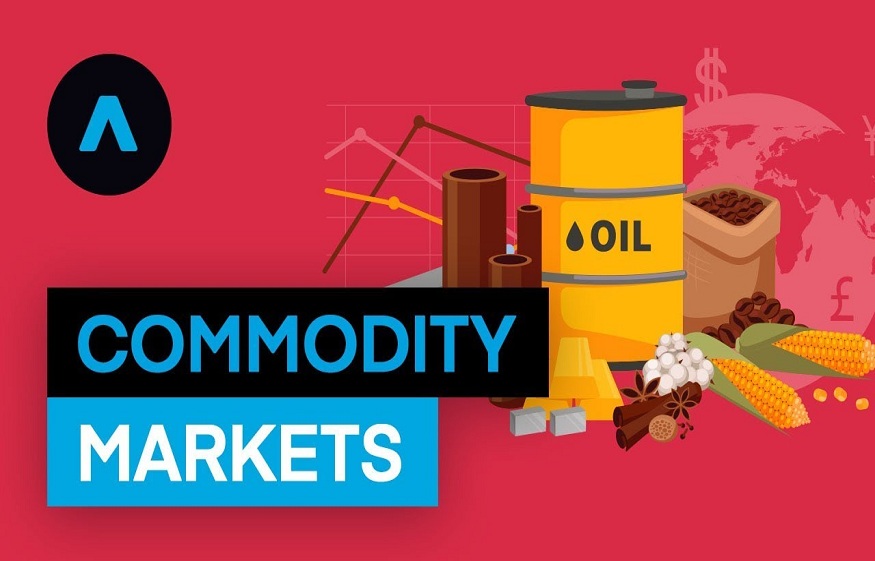Commodities come as a diversification and hedging tool for many investors. Hence, the Commodity Market has gained momentum. There are different ways of investing in them. Options Trading is one of them.
Overview of Commodities Market
When it comes to Commodity Market, it essentially means your daily products or items like oil, agricultural products, metals etc. These commodities are further classified as categories that get frequently traded:
- Metals: Diamond, Silver, Gold etc.
- Energy:Gasoline, Oil, Natural Gas etc.
- Agricultural Items:Wheat, Rice, Spices etc.
- Meat & Livestock:Cattle, Eggs, Meat etc.
Four national and regional commodity exchanges in India conduct Commodity Trading. Of them, MCX and NCDEX are the most significant ones.
What are Options?
From Futures and Options, the latter is a financial contract that includes the right, and not an obligation, to transact in an underlying asset. This contract involves a fixed price, strike price, and maturity date upon which the contract expires. It is further divided into two parts:
American Option Contracts: Gets executed any time before the contract maturity date.
European Option Contracts: Gets done on specific maturity date.
Note that only European Option Contracts are applicable in India.
Basics of Commodity Options
Since the entire Options contract mechanism depends on an underlying asset, it holds no value and derives value from the underlying asset. In Commodity Options, the underlying asset is a commodity you wish to trade with. Under Commodities Trading in India, trading is possible in Commodity Futures Market and not the spot or cash market.
Under the Options Trading domain, you can take a trading position by either Call or Put Options:
Call Option: The holder here has the right to buy the underlying commodity at the strike price on the contract maturity date. It gets exercised if the strike price is lower than the prevailing market price in the Commodity Futures Market. You can use them if a profit gets done through a lower pre-decided strike price than the rallying commodity price.
Put Option: The Put Option holder can sell the underlying commodity on the contract maturity date at the strike price. They believe that the Commodities Options contracts are worthless and not exercised by the Options holder since the strike price is higher than the market prices. Hence, Put Options earns through the premium paid during the contract initiation.
Why choose Commodity Options?
Minimises Risk: Considering Options provide a right and no obligation to exercise the contract, the risk levels are not high. If the holder places Put Option, you avoid the ‘right to sell’ if the strike price is higher than the current market price.
Booking Losses: There is a functionality to limit the losses you make under this. Since the right to execute the contract is voluntary, the only loss that outrightly gets incurred if the market sentiment does not match your speculation is through the premium paid during contract initiation.
Keywords: Futures and Options, Commodity Market, Commodity Trading, Commodities Trading in India
